HEDIS
Date
Jun 10, 2025
Author
Rik Renard
Situation
HEDIS compliance is a critical benchmark for health plans, influencing reimbursements, member satisfaction, and overall quality ratings. Whether it’s scheduling preventive screenings, managing chronic conditions, or closing gaps in care, the process often requires a massive lift from care teams. These teams spend hours calling members, mailing reminders, and logging follow-ups—only to face inconsistent engagement and slow progress.
Complication
This human-driven process is not only time-consuming but also ineffective at scale. Members often ignore generic outreach, leaving gaps in critical areas like diabetes management, breast cancer screening, and blood pressure control. The result? HEDIS measures stagnate, complaints grow, and health plans risk falling short of their quality improvement goals. Without a scalable, personalized approach, organizations struggle to engage diverse populations, navigate regional or regulatory nuances, and meet their performance targets.
Resolution
Care teams use Awell to streamline HEDIS gap-closure efforts with an automated, multi-channel engagement platform. Outreach is simplified across text, email, voice AI, and mail, while teams leverage Awell’s experimentation engine to test and refine strategies. This allows organizations to tailor outreach to individual members—whether it’s sending reminders for annual checkups, promoting flu shots, or encouraging follow-ups for chronic disease care.
For example, personalized appointment reminders can be sent automatically, with care coordinators stepping in only when members miss or reschedule visits. If barriers arise, like transportation issues for a cancer screening, workflows trigger support services to help patients overcome those challenges. The platform’s flexibility also ensures compliance with state-specific rules while addressing individual needs.
By automating repetitive tasks and using data-driven insights, health plans and care teams close gaps faster, improve member engagement, and enhance HEDIS scores. Teams save time to focus on high-value interventions, while organizations see measurable improvements in quality ratings and patient outcomes.
Disclaimer: Each flow belongs to, and is configured by, an Awell customer. Awell supplies the underlying builder platform only; we do not provide clinical content or clinical decision-making logic.
Back






















